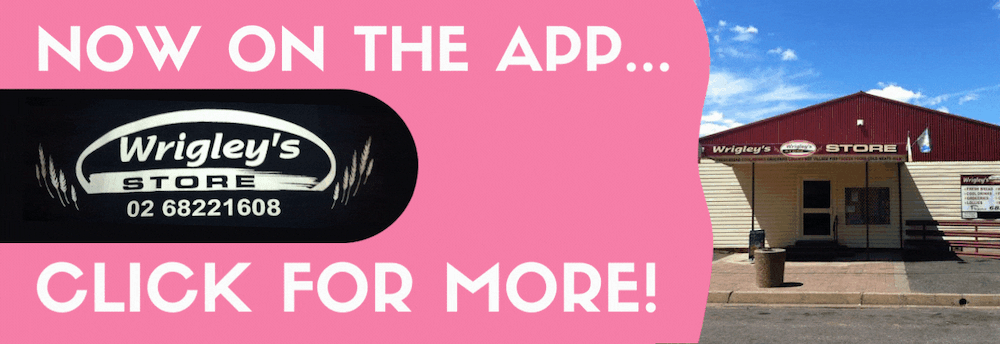Live sheep export ban on the back burner for now
Laura Williams
14 June 2022, 7:20 AM
 Supporters of the trade fear the policy isn't in line with the improvements made to the industry in recent years.
Supporters of the trade fear the policy isn't in line with the improvements made to the industry in recent years. Last month’s election campaign saw the Labor party confirm their plans to end the live sheep export industry, which they said had been waning over the past 20 years. Now in Government, newly elected Agriculture Minister Murray Watt said they will surge forward with the policy plan, albeit not immediately.
The $800 million industry operates under increasingly refined regulation to ensure animal welfare on both ends of the trade, including animal handling and slaughter practices.
Still, the issue is contentious and longstanding, with a report from 1985 concluding that if a decision to ban the trade were made ‘on animal welfare grounds alone’, the ban would be immediate.
Its contribution to the economy, however, has meant that the industry won’t go down without a fight.
Committing to their 2019 election promise, Mr Watt has confirmed that plans to phase out the trade continue, although there is no existing timeline for its conclusion.
“The policy we took to the election didn’t set a timeframe for phasing out live sheep exports, it’s something we intend to work closely with industry and government partners on,” Mr Watt told the ABC.
“The industry has been in decline for sometime now and we think that phasing the industry out is the right thing to do,” Mr Watt said.
Prime Minister Anthony Albanse confirmed days later that there is no intention for the phase out to occur in this term, or prior to 2025.
“We recognise that the farmers who might be listening to your program work hard and they need to be respected. We need also to make sure that animal welfare issues are looked after,” Mr Albanese said.
NSW Farmers President James Jackson said the policy plan doesn’t add up.
“Australia is a world leader in animal health and welfare. Our involvement in the live export trade ensures that we also export our high welfare standards throughout the globe,” Mr Jackson said.
“We are the only nation with a system that monitors and prioritises animal welfare from farm gate to destination,” he said.
According to statistics from the Australian Livestock Exporters Council, the reform is an obvious improvement.
Since 2011, over 11,00 supply chain participants have been trained in animal welfare, and 95 per cent of Australian cattle in Indonesia are stunned pre-slaughter, unrecognisable from less than 10 per cent.
Having bought themselves at least three years, stakeholders are likely to fill the space, advocating for their side of the story until then.




